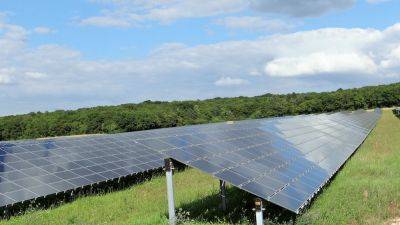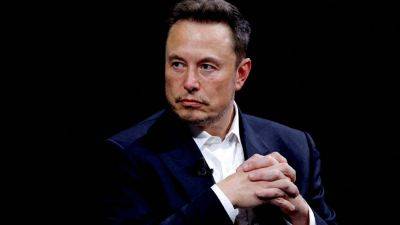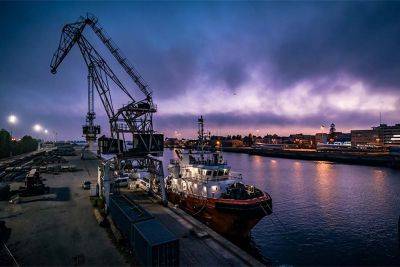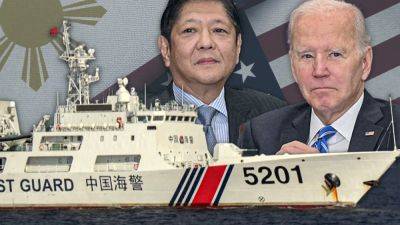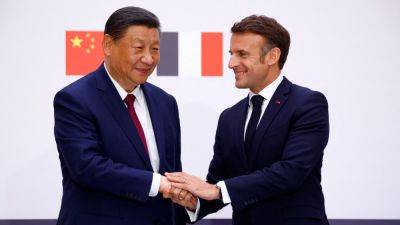New EU trade rules ‘green squeeze’ the Global South
The EU parliament has just approved sweeping new rules that will require companies to avoid and mitigate human rights and environmental abuses in their supply chains.
These are noble aims. They have been a long time coming. But without careful design and more proactive support for business and suppliers in the developing world, there are real risks of well-intentioned policies putting the poorest countries in a “green squeeze.”
The current concerns – voiced by many different types of developing countries – are that the new EU green trade measures are penalizing poorer producers exporting into the bloc, and all to address a climate crisis they didn’t cause.
Without more focused support, the EU risks undermining its existing partnerships with developing nations to support global development and trade goals.
The world’s 45 least developed countries may only account for 1% of global merchandise trade but they are home to a quarter of the world’s population, some of them the world’s poorest people.
They have limited domestic markets and, because of historical trade (including colonial) relations, typically rely on EU markets and supply chains for around 15%-20% of their exports.
Without accompanying support, the combined effects of the new green trade measures risk increasing barriers to trade that would reduce extreme poverty. The resulting reductions in revenue impede not only development goals, but also efforts by the poorest countries to adapt to climate change.
It’s ironic, because these countries have contributed the least emissions to the climate crisis and are already footing the bill.
A ‘green squeeze’ for the poorest countries
My analysis suggests the combined impact of the current and planned measures may entail a


